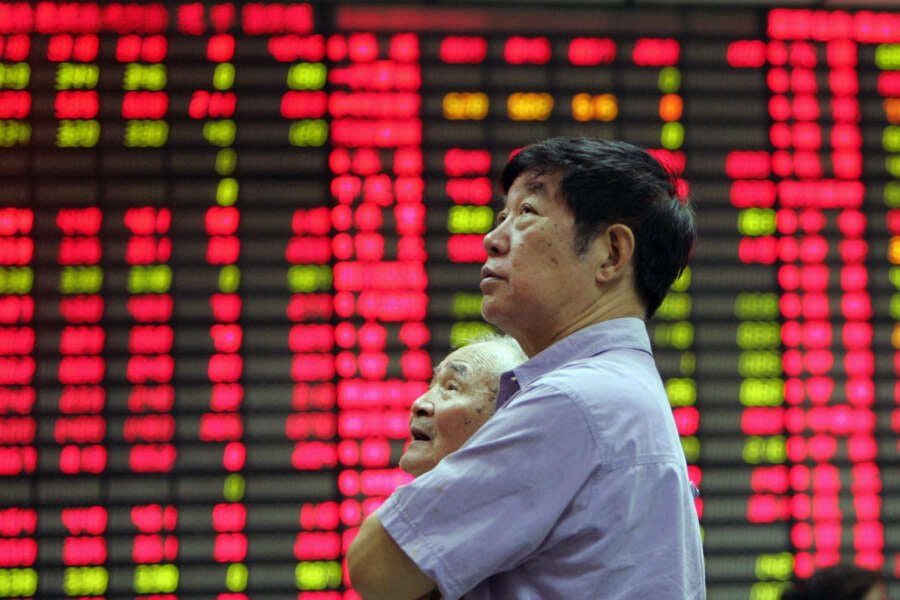
China’s exchanges restrict stock selling by some hedge funds
SHANGHAI/BEIJING (Reuters) – China’s stock exchanges are restricting share selling by some hedge funds, four fund managers and a broker said, in the latest attempt to stabilise a market that has slumped to five-year lows.
Authorities have put in place several measures to support the languishing stock market – including restrictions on net selling by mutual fund managers and curbs on short-selling – but have so far failed to stop the market slide.
They appear to be now targeting the private fund sector, particularly hedge funds using quantitative trading strategies that typically involve short-selling.
“Our line was unplugged,” a quant hedge fund trader in southern China said. Orders to sell stocks on the fund’s broking platform were declined, he said.
A sales executive for hedge funds at a large Shanghai-based brokerage said exchanges had called brokerages and asked them to curb selling by hedge funds. He said his quant fund clients were shocked to find they could not sell.
Another hedge fund manager in northern China said his firm could tweak positions but wasn’t able to reduce holdings much, due to guidance from regulators.
Such window guidance – or unofficial, unwritten policy – would likely result in losses, said the source, who is not authorised to speak to the media.
Reuters could not independently verify how many hedge funds were given this kind of guidance nor how their brokers’ trading platforms were implementing the restrictions.
The China Securities Regulatory Commission (CSRC) did not immediately respond to a Reuters request for comment, nor did the Shanghai and Shenzhen stock exchanges.
Beijing is eager to put a floor under a $9 trillion stock market that is struggling amid China’s flagging post-COVID recovery, a deepening property crisis and geopolitical tensions.
Mainland stocks leapt to their largest one-day gain in two years on Tuesday on signals that authorities are strengthening their resolve to support slumping markets after Bloomberg News reported President Xi Jinping will discuss the struggling stock market with financial regulators.
The blue-chip CSI300 Index climbed 3.5%, after being close to 2019 lows on Monday.
A Shanghai-based quant fund manager said the fund could not proceed sell orders on Tuesday and the broker’s trading system would “decline orders”. The funds whose sell orders were being declined were mostly those using the popular DMA-Swap strategy, which allows hedge funds to borrow through a margin account, he said.
Such regulatory interference in normal market activities carries risks as it could make investors worry about the inconsistency and randomness of rules, potentially further denting confidence in the market. China previously restricted selling by hedge funds during the 2015-2016 market crash.
A third hedge fund manager, who is familiar with the situation and spoke on condition of anonymity, said selling was restricted on Monday morning, when the market continued to slide following last week’s savage sell-off that was driven by gloom about the economy and a lack of forceful policy stimulus measures like those rolled out during past crises.
In a sign some hedge fund managers are answering government calls to support China stocks, High-Flyer Quant said on Tuesday it will subscribe to its own products using 250 million yuan ($34.73 million) of its own money, citing “irrational market declines”.
“We always believe that the market will gradually return to a normal track, and we also believe in the investment value of the Chinese market,” it said in a statement.
(Reporting by Hong Kong, Shanghai and Beijing newsrooms; Editing by Vidya Ranganathan, Sonali Paul and Susan Fenton)


